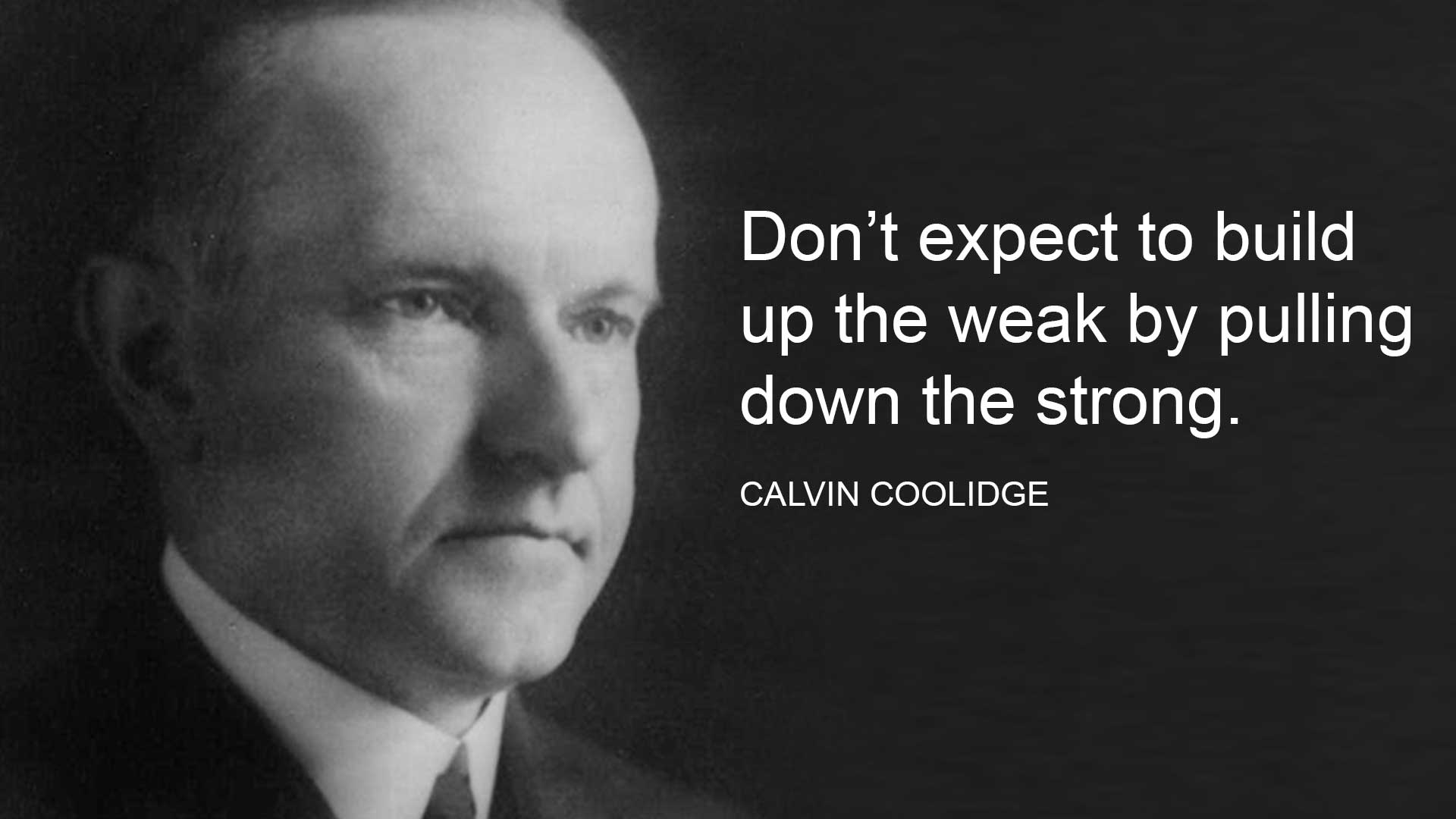How policies against “price gouging” violate the rights of producers and consumers, suppress competition, create shortages and prolong recovery
In the wake of Hurricane Florence, the usual protests of businesses “price gouging” surfaced. The State of North Carolina received over 500 complaints.
What is “price gouging”?
In my state of North Carolina, “price gouging” is defined as:
“Selling or renting goods and services used to preserve, protect, or sustain life, health, safety […] at unreasonably excessive prices after an emergency declaration or abnormal market disruption.” (North Carolina General Statutes Chapter 75. Monopolies, Trusts and Consumer Protection § 75-38.)
The penalty is up to $5,000 per violation. This doesn’t just apply to the person who makes the final sale to the customer, all parties in the supply chain are liable.
Who is to define “unreasonably excessive”?
Clearly the business owners charging such prices don’t think their prices are “unreasonably excessive.” And it is only they who know their business inside and out. They know the costs both physical and psychological, the level of effort, and the required profits that will motivate them to assume the increased stress and risks of operating during a disaster to ensure continuity of supply.
Price plays a vital role in the economy. It coordinates supply and demand, reallocating resources and attracting new investment, production, labor and supply to where demand is highest.
Every business is unique in this respect, it has many factors that go into pricing decisions. During an emergency business conditions are especially hazardous. Supply lines are disrupted and have to be bridged by manual labor and ferrying of supplies in small trucks in risky conditions. Labor is in short supply and employees’ lives can be put in danger.
There is no rational basis for declaring a specific price “unreasonably excessive.”
Price Controls Worsen and Prolong the Crisis
Anti-price gouging laws artificially impose lower prices on the market. This interferes with the efficient production and supply of products and services to those who need them. They do not achieve the plentiful supply of cheap goods, as the price dictators suppose. They cause the opposite, they make goods and services scarce.
Price plays a vital role in the market. As long as it is free to move in response to market conditions, it acts as an uncorrupted signal reflecting real world conditions. It coordinates supply and demand, reallocating resources and attracting new investment, production, labor and supply to where demand is highest.
The price of a good is not some ingredient in the product independent of market factors. It fluctuates naturally and normally even during periods of relative tranquility, based on the supply and demand and other factors. Price is embedded in a market context. Disruptions to that market naturally affect supply, demand, distribution and have an impact on the price.
So of course, prices for many goods will be naturally higher than normal during an emergency. That price, to the extent it represents a profit increase, acts as a powerful incentive for producers and labor in the disaster zone, and as a powerful magnet to draw more distant supply and more motivated labor from afar to satisfy the demand. The higher the increase, the more powerful the incentive to redirect resources from less needed goods to the higher priced goods.
This surge in supply and resources quickly eases prices.
Price increases also moderate demand and deter hoarding in times of crisis. A natural, market-driven rise in price for scarce goods signals an impending shortage, and it leads people to buy only what they need, ensuring that the product is available to many more people.
Price controls have the exact same effect during recovery. Florida’s aggressive “anti-price gouging” laws prolonged its recovery after the 2004 hurricane season battered the state. According to The New York Times, people had to wait weeks for a roof repair estimate and up to a year for repairs. Florida became known as “The Blue Roof State.” It was so bad that many attempted the repairs themselves.
A Free Market Not Price Controls
Anti “price gouging” laws are immoral violations of the rights of businesses and service providers to determine their own worth. They punish entrepreneurial-minded individuals from taking risks and supplying urgently needed goods and services. They undermine the production and delivery of vital products and services, keeping supply short and thus prolonging the agony of those affected by the emergency.
To the extent that price increases reflect increased profits in a given product, service or sector of the market, such profit is exactly what drives an increased supply, and thus returns the prices to pre-emergency levels. Price controls inhibit that process and artificially limit supply.
A free market respects the rights of all while ensuring the rapid production and reallocation of resources in areas affected by emergencies like Hurricane Florence.

